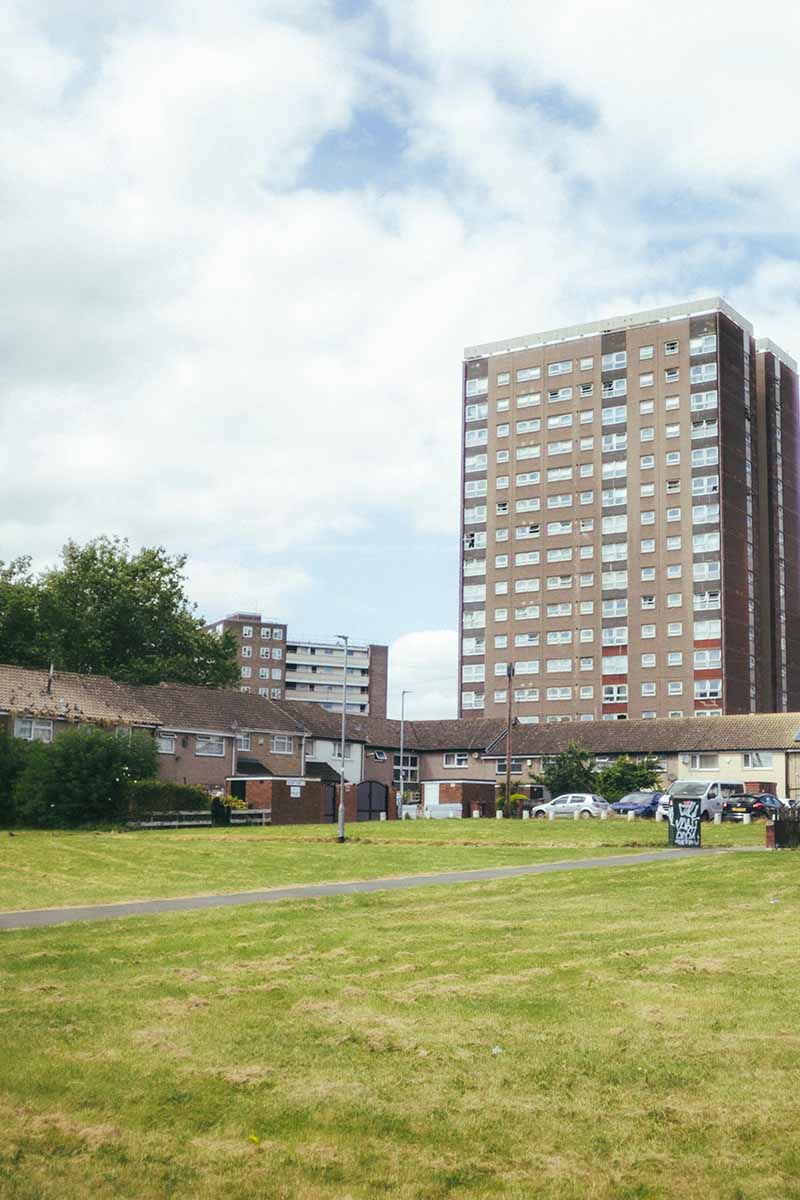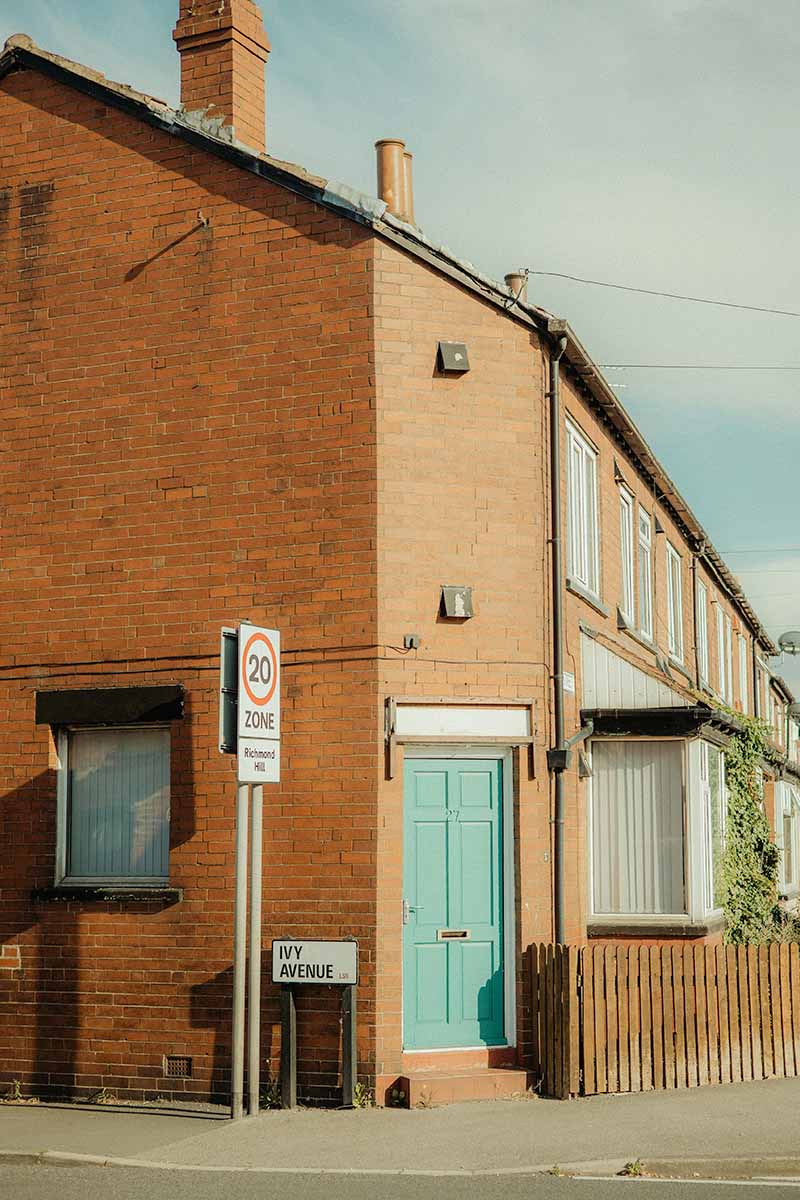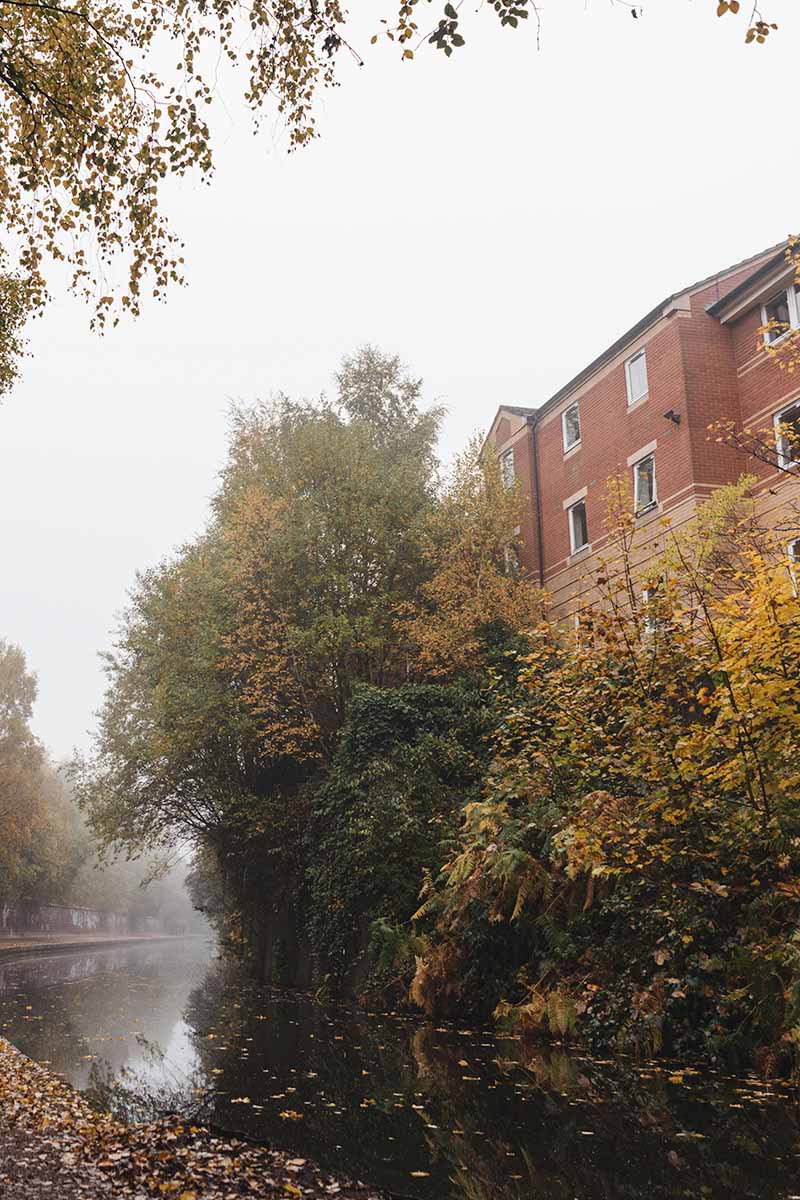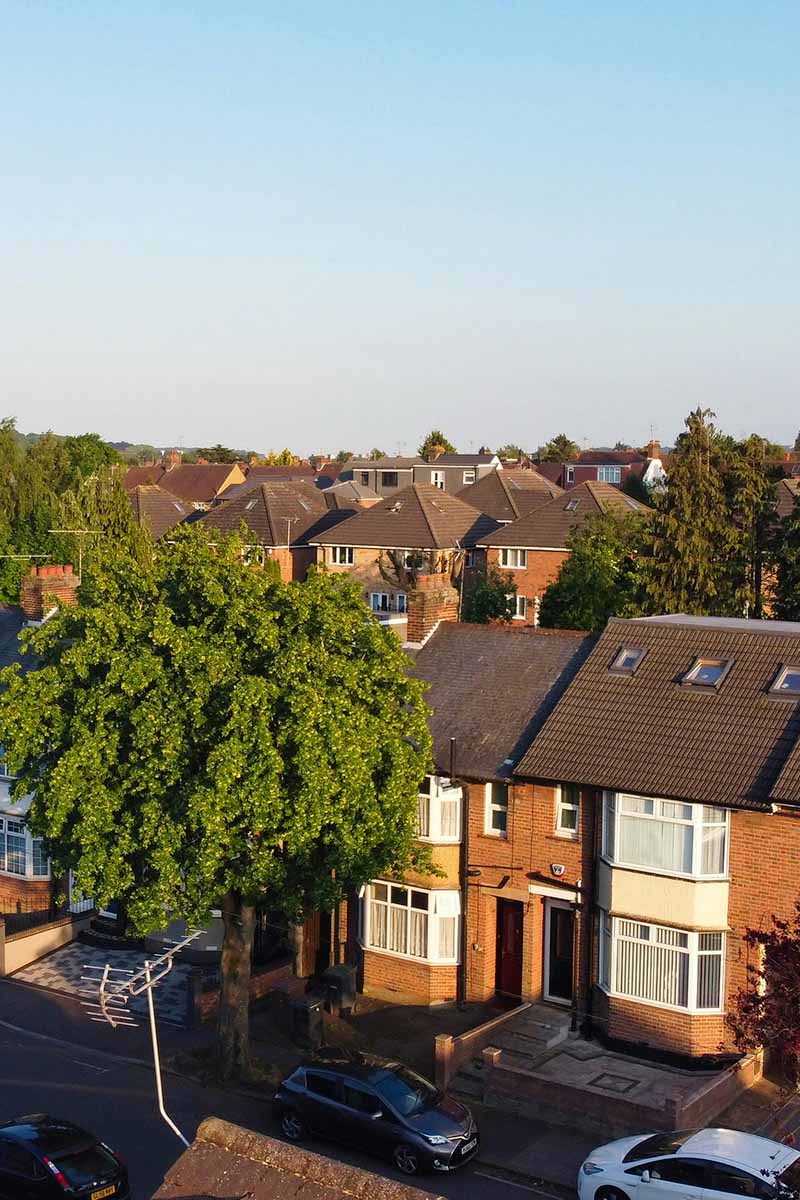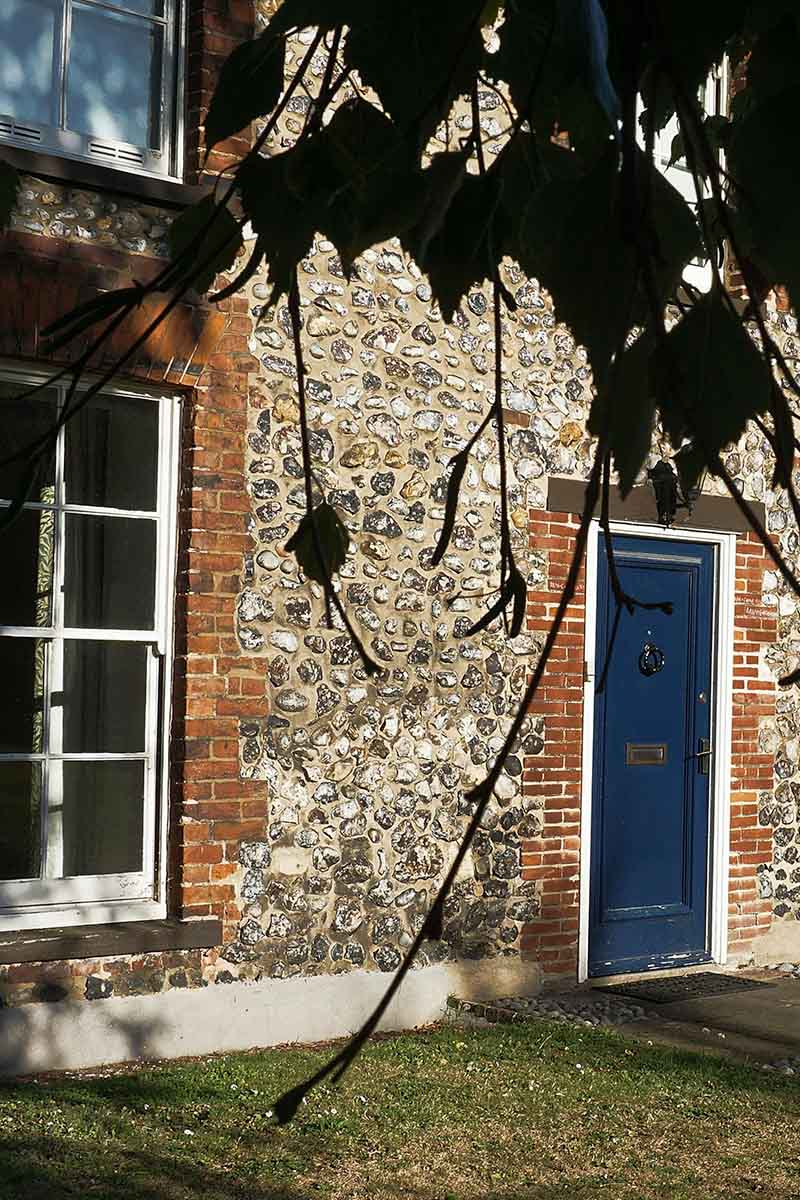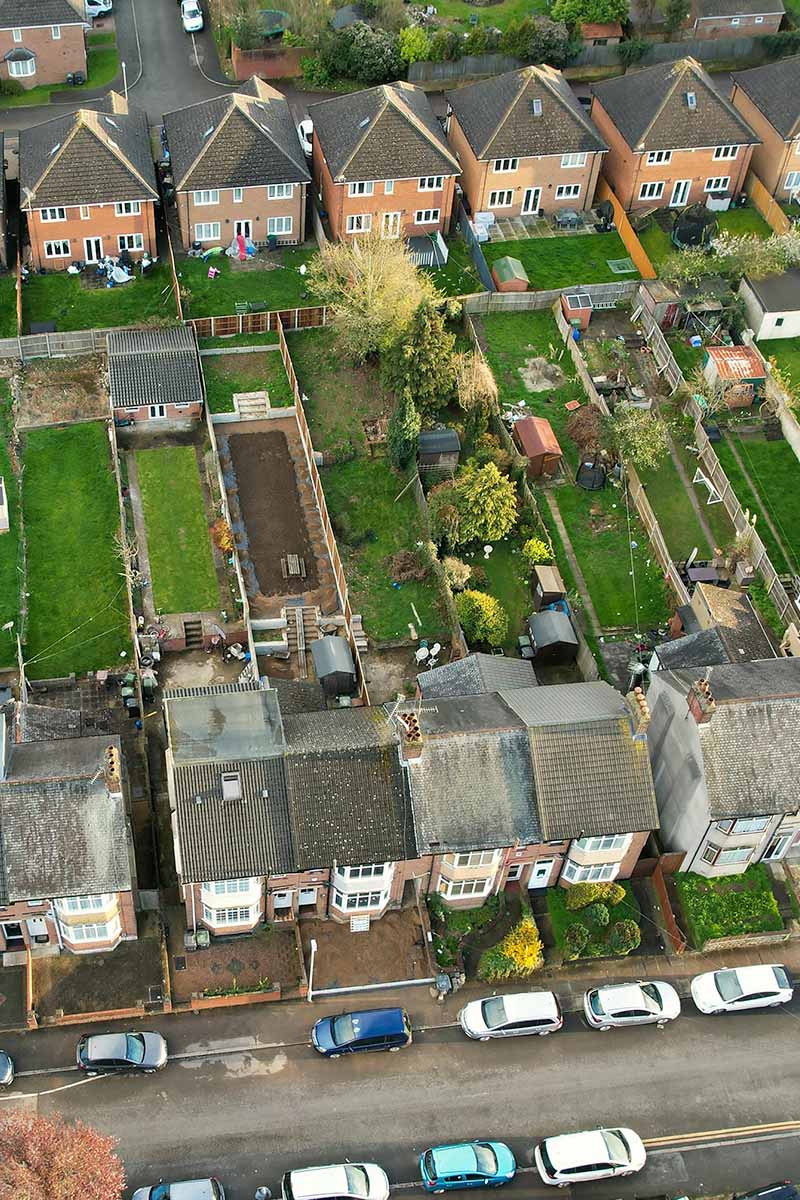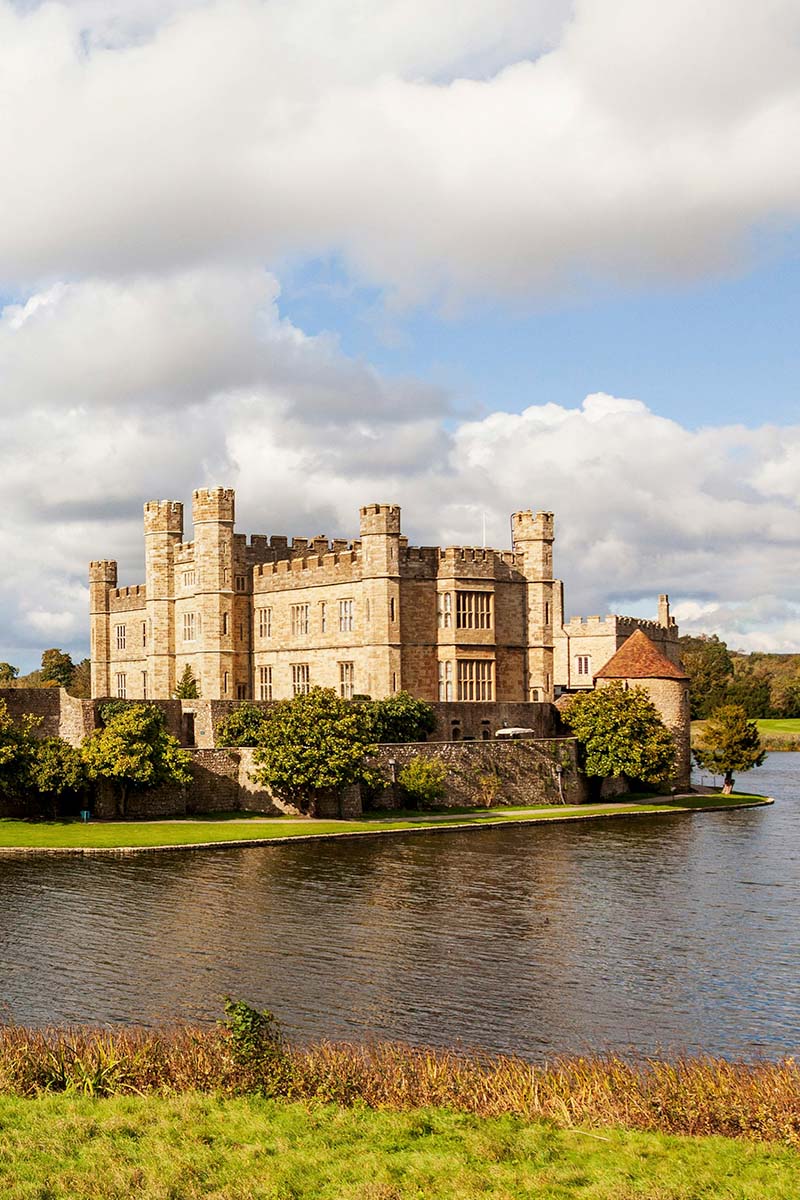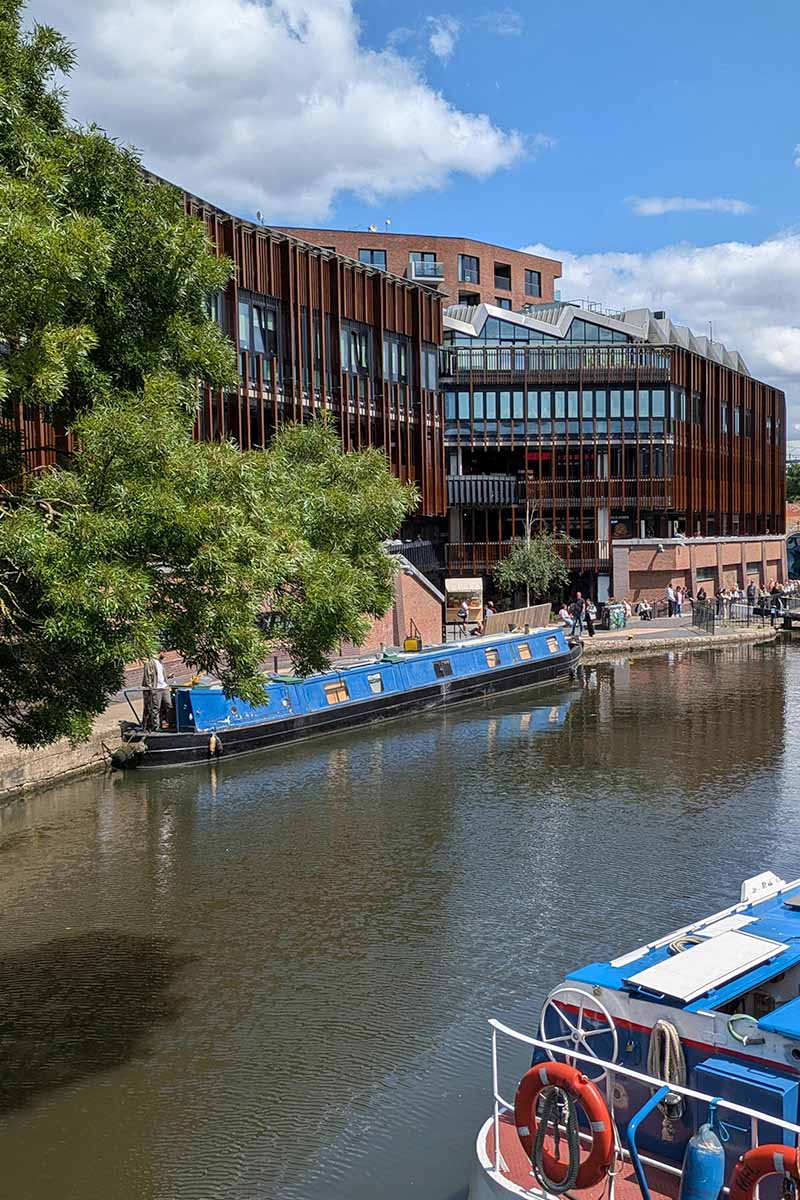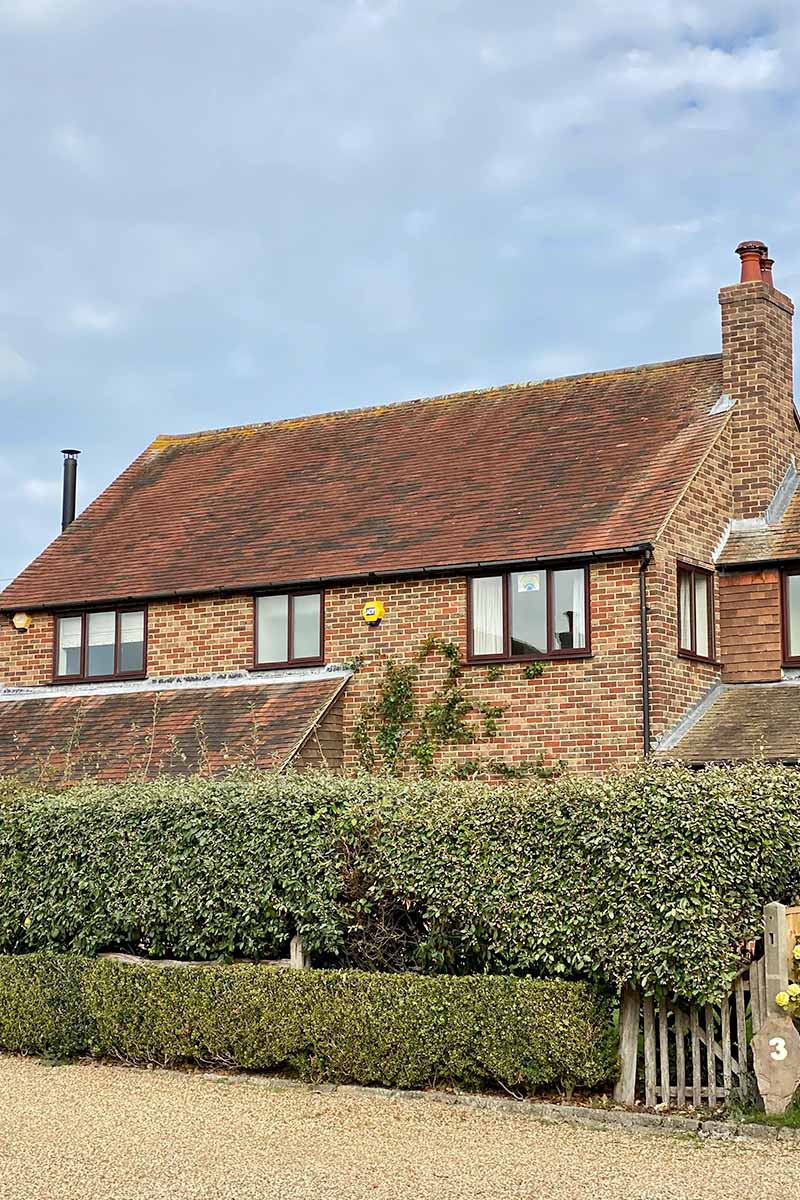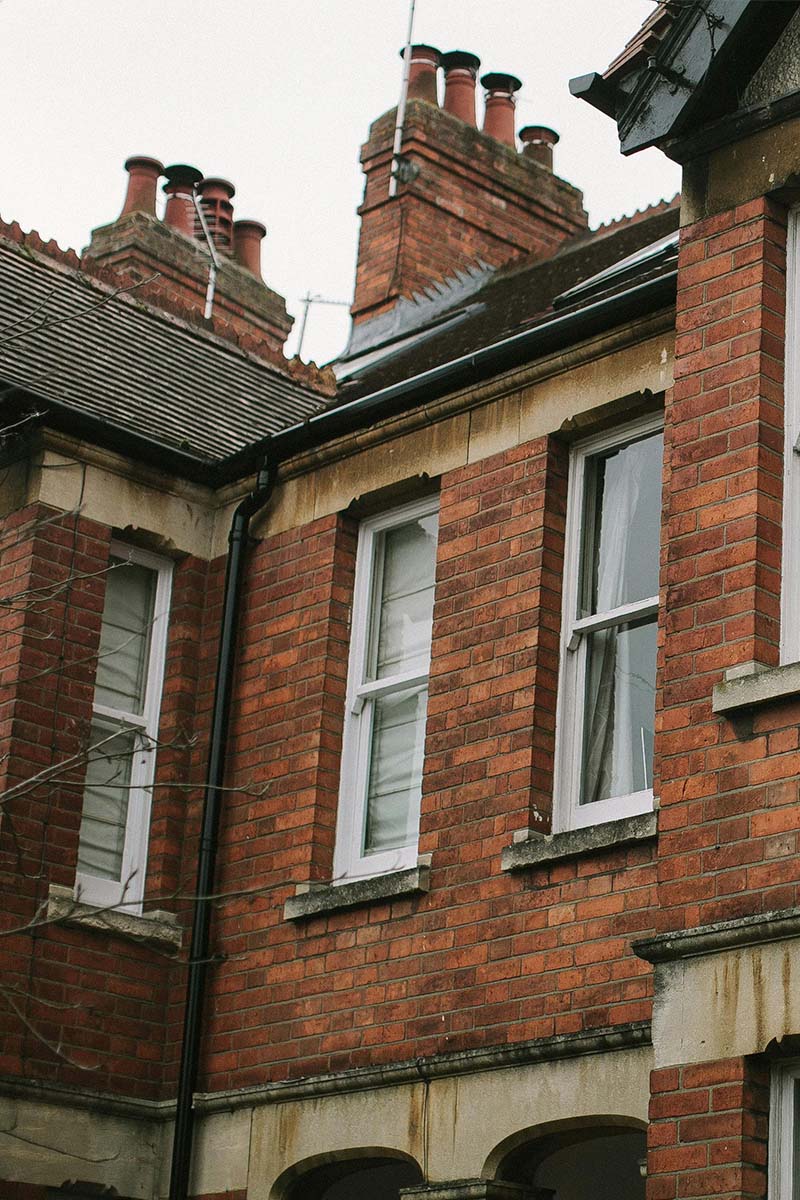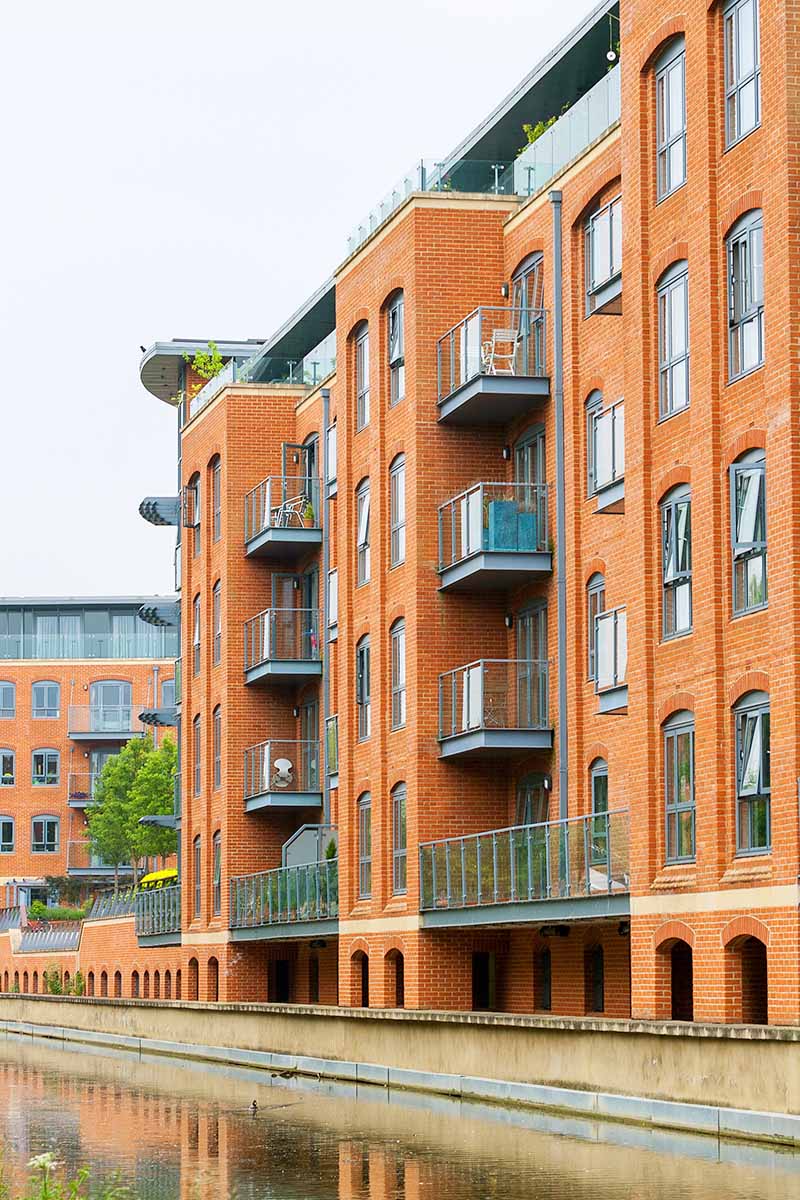Do I need to register an inherited house in my name?
Inheriting a property can bring big questions including what legal steps you need to take after the fact. One of the most common is whether you need to register the inherited property in your own name. In the UK, the answer depends on the circumstances of the estate and how the property was previously owned.
Below, we explain when registration is needed, how to do it, and what happens if you want to sell the property, along with important follow-up considerations around legal risk, inheritance disputes, and title protection.
Key details include:
- Executors can sell without registering the property in their own name.
- Beneficiaries usually need to register if they’re keeping or selling the home.
- Registration is required if the property isn’t already with HM Land Registry.
- Failing to register can increase the risk of disputes, fraud, or delays.
- Legal steps like probate, title transfer, and deed registration must be followed.

What is property registration?
Registration refers to adding your name to the title of a property via HM Land Registry. This proves legal ownership and records details such as any mortgages or restrictions on the property.
If the inherited house was already registered, the Land Registry holds an official copy of the title showing the deceased as the legal owner. If it was unregistered (common in older homes), the property must first be registered before ownership can transfer.
Do I need to register the house before selling?
In many cases, no. If you're the executor selling as part of estate administration, you don’t need to register it in your own name first. You can transfer it directly from the deceased’s estate to the buyer, using a formal process called an assent.
However, if you’re not the executor (for example, you’ve inherited the house and now want to sell it) you will need to register the property in your name before you can legally transfer ownership.
When is registration required?
Here’s a quick breakdown of who needs to register and when:
What if the property is unregistered?
If the home has never been registered with HM Land Registry (common in properties not sold since before the 1990s), you must complete first registration before ownership can transfer.
This involves:
- Completing Form FR1 (application for first registration).
- Submitting supporting documents (such as the grant of probate and original deeds).
- Paying a Land Registry fee based on the property value.
You can do this yourself, but it’s usually handled by a solicitor — especially if you're planning to sell or mortgage the home.
Save time and hassle by selling your home with us
Get a guaranteed cash offer on any property in England and Wales. All you need to do to get started is enter your address below.
How to register an inherited house in your name
If you’re keeping the property to live in, rent out, or pass on, the executor will need to transfer legal ownership to you via assent.
This process includes:
- Obtaining probate or letters of administration
- Using Form AS1 to record the transfer from the deceased to the beneficiary
- Submitting the form and supporting documents (e.g. death certificate, grant of probate) to HM Land Registry
- Paying any registration fees (typically around £200–£300 for most residential properties)
Registration can take several weeks and should be completed before trying to refinance, rent, or gift the property.
What are the risks of not registering?
While you're legally considered the owner after probate, not registering the property in your name can cause complications:
- Proof of ownership: If a dispute arises, it’s harder to prove you’re the rightful owner without Land Registry records.
- Fraud risk: Unregistered properties are more vulnerable to fraud — someone could attempt to claim ownership or sell the property using outdated records.
- Delays when selling: Buyers or solicitors may refuse to proceed with the sale until registration is complete, causing delays.
- Future admin problems: Transferring or mortgaging the property later becomes more complex and expensive.
For peace of mind, registering as soon as possible is strongly advised — even if you’re not selling right away.
Legal steps to transfer ownership
To fully transfer ownership of an inherited property, here’s what typically happens:
- Locate and validate the will: This determines who is entitled to inherit.
- Apply for probate or letters of administration: Grants legal authority to deal with the estate.
- Appoint an executor or administrator: Responsible for handling the property transfer.
- Settle any debts: Including outstanding taxes or mortgages.
- Transfer the title: Usually via an assent form (AS1) submitted to HM Land Registry.
- Record the new deed: Officially registers the new owner’s details.
- Update accounts: Including insurance, Council Tax, and utilities.
What if there’s an inheritance dispute?
Disputes can sometimes arise — delaying registration or preventing sale.
- Common reasons include claims that the will is invalid, dependants being excluded, or disagreements over the estate’s distribution.
- Only certain people can make a legal claim, such as spouses or children.
- Many cases are resolved via mediation rather than court.
- If unresolved, the matter may go to court under the Inheritance Act 1975.
- Claims must usually be made within six months of probate being granted.
To avoid complications, ensure that probate is properly completed and that all heirs are aligned before proceeding.
Do I need to register the house if I sell to a cash buyer?
Not always — one benefit of selling to a fast home buyer like Habello is that you can sell without registering the property in your name, as long as probate is in place and you’re the executor.
If you’re a beneficiary rather than the executor, we can help handle the transfer as part of the sale process — saving you time, paperwork, and hassle.
Recap: Registering an inherited house in your name
You only need to register an inherited house in your name if you’re keeping the property or you’re a beneficiary selling it. Executors selling on behalf of the estate can often skip this step. But if the property is unregistered or if you want to retain it, registration is required.
Registering the title gives you legal certainty, protects against disputes, and simplifies future transactions. If you’re unsure what applies in your case, a solicitor or fast sale specialist like Habello can help guide you through the next steps.
Property owners are choosing Habello for a faster, easier and less stressful way to sell
Sell your home quickly for cash by accepting an offer just below market value. See how we compare to your other options by using the calculator below.
Related guides
Bring yourself up to speed with our property guides.





